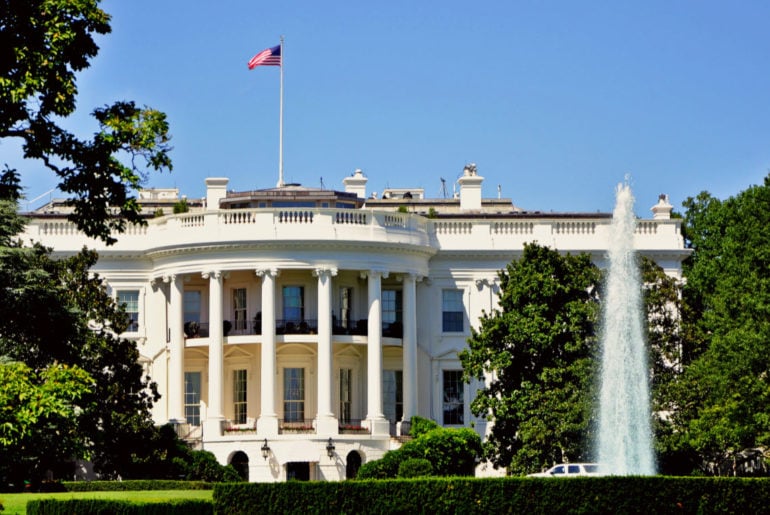On December 16, 2021, the US Treasury Department’s Office of Foreign Assets Control (“OFAC”) designated eight Chinese tech companies to the Non-SDN Chinese Military-Industrial Complex Companies (“NS-CMIC”) list pursuant to Executive Order 13959, as amended by Executive Order 14032, for their alleged involvement in supporting surveillance of ethnic and religious minorities in Xinjiang, China. On the next day, the US Commerce Department’s Bureau of Industry and Security (“BIS”) also added 37 new parties to the BIS Entity List, including 25 Chinese companies for their alleged involvement in efforts to develop and use biotechnology and other technologies for military application and human rights abuses. These sanctions are part of an increase in US Government efforts to prevent alleged human rights abuses.
On 12 April 2021, the General Administration of Customs of China issued Order No. 248, which sets out new requirements for the registration of qualified foreign food producers that are allowed to export food products to China, effective from 1 January 2022. This Order represents a significant move toward tightening up the regulation of foreign made food products imported into China.
In this annual webinar series, we are putting a spotlight on warehousing arrangements. Our speakers will update you on legislative and customs developments, share insights into the current practices of authorities, and provide practical tips on how you can identify opportunities, maximize benefits and mitigate risks when utilizing these warehouses as part of your supply chain solutions.
Our Banking & Finance, Competition & Antitrust, Mergers & Acquisitions and Trade partners in Johannesburg outline ten reasons to turn your attention to African trade and investment opportunities in the coming year. Some of these reasons include the rise in commodity prices, shifting patterns and alternative financing, digitization and competition law and enforcement.
On 2 November 2021, the Ministry of Commerce of China officially released the revised Catalogue of Technologies Subject to Import Prohibition and Restriction, effective immediately, which identifies, among others, foreign “data encryption technology employing a key length greater than 256 bits” as a technology that requires import permit when transferred to a Chinese party.
China has strengthened its commitment to protect personal information by adopting the new Personal Information Protection Law (PIPL 《中华人民共和国个人信息保护法》) which gives data subjects the power to control and determine how, with whom and for what purposes their personal information can be shared, analyzed or handled. Our Firm has previously released a more detailed discussion on the PIPL, which took effect on 1 November 2021.
In the Asia Pacific Competition update, we provide you with a practical overview of the most notable antitrust legal developments of the third quarter in 2021 that may affect your business.
In our updated and expanded Guide to Issues for Trades of Non-Performing Loans across Europe and China, we have selected some of the key legal and practical issues to be aware of when conducting a no-performing loan trade in jurisdictions that are strongly anticipated to be key areas of activity.
The wide-ranging proposed amendments to China’s Antimonopoly Law (AML) (“Proposed Amendments”) were published for public comments immediately after being presented to China’s top legislature for the first reading. It is clear from the Proposed Amendments that China intends to continue to strengthen antitrust enforcement.
The local antitrust regulator’s recent fine of USD 45.62 million on an electrical product manufacturer follows SAMR’s record USD 117 million fine for RPM earlier this year. SAMR also continues to actively enforce failure-to-notify/gun-jumping violations, imposing 24 penalty decisions over Q3 of 2021. The authority may be contemplating addressing illegal price-related behaviours under the Pricing Law, in addition to the Anti-monopoly Law.



